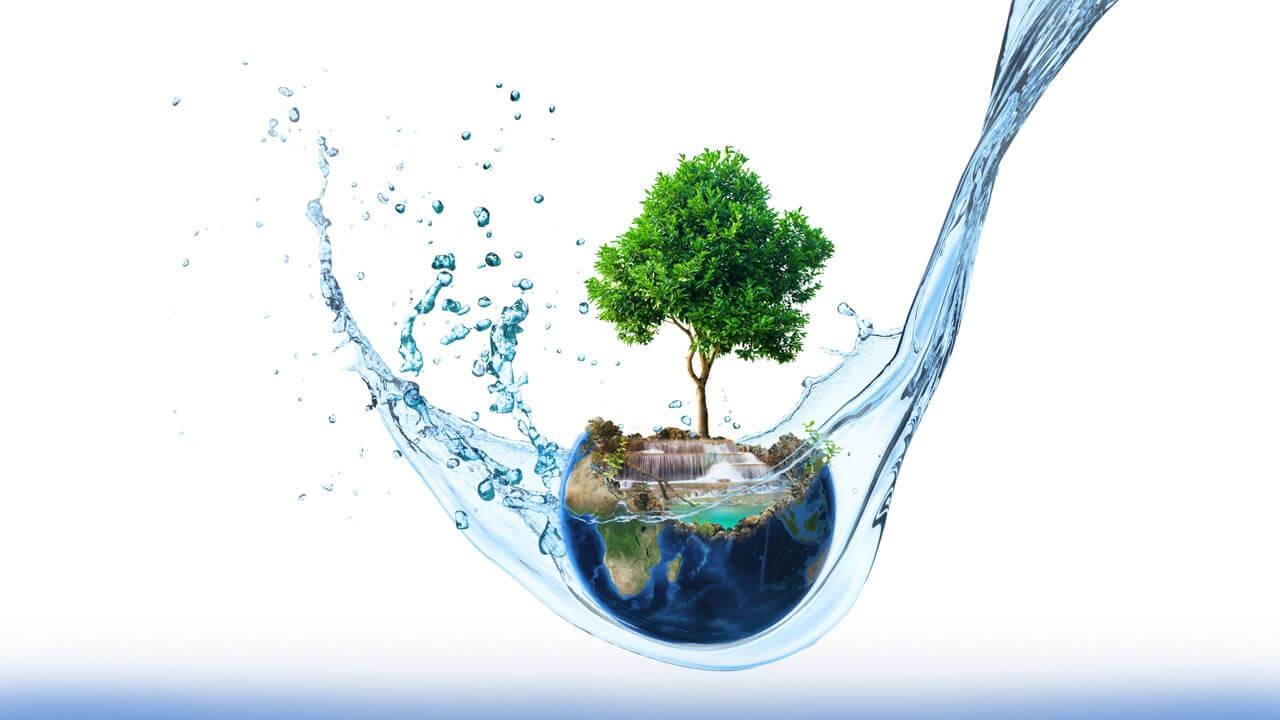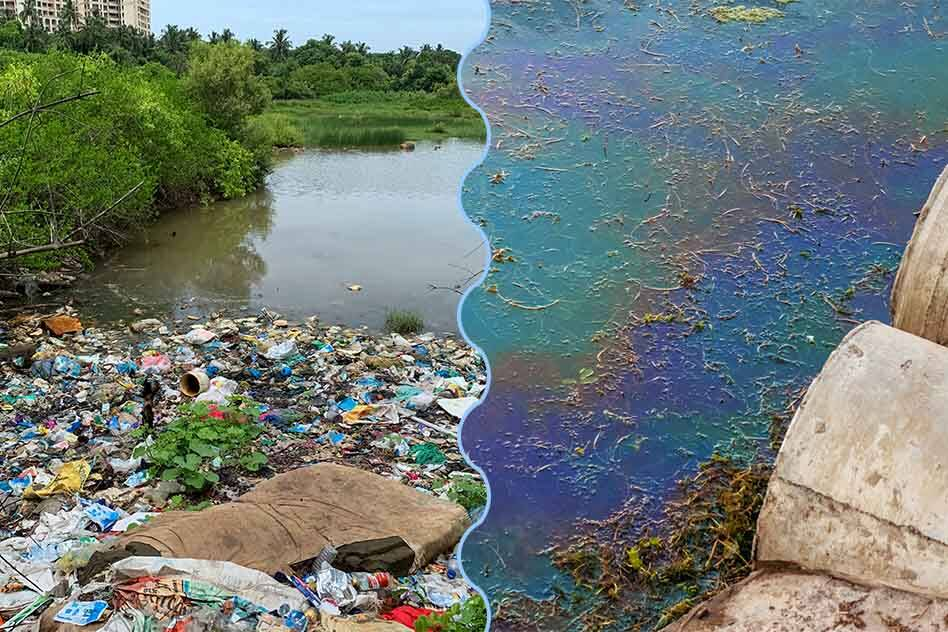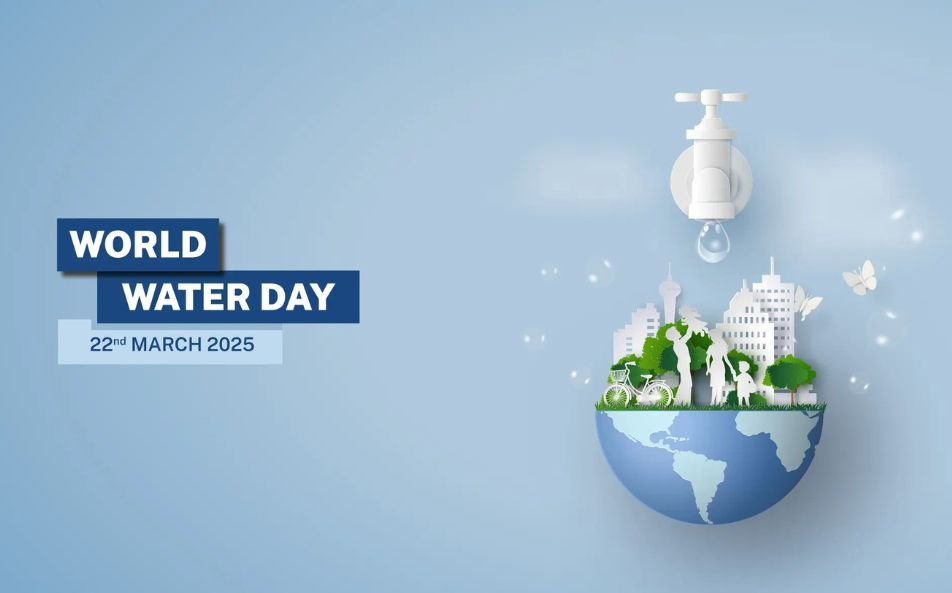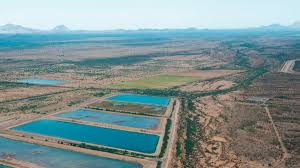Now Reading: Why Water Sustainability Matters More Than Ever in 2025
-
01
Why Water Sustainability Matters More Than Ever in 2025
Why Water Sustainability Matters More Than Ever in 2025

Table of Contents
Water is life. It is essential for drinking, farming, energy, and everyday living. Yet, with growing populations, climate change, and industrial development, water is becoming more scarce and polluted than ever before. This growing crisis has made water sustainability a top global concern in 2025.
Water sustainability means using water in a way that meets current needs without hurting the ability of future generations to meet theirs. It involves smart water management, reducing waste, protecting natural water sources, and ensuring everyone has access to clean water.
Let’s explore the importance of water sustainability, the challenges we face, and the innovative solutions making a real difference around the world.
Why Is Water Sustainability So Important?

According to the United Nations, over two billion people live in areas with high water stress. By 2030, the world could face a 40% shortfall in freshwater supply if we do not change how we use and manage water.
Freshwater is not unlimited. Only about 2.5% of all the water on Earth is freshwater, and much of it is trapped in glaciers or deep underground. The rest is salty seawater. This means we have very little usable water available, and the pressure on this supply is increasing daily.
Without water sustainability, we face:
- Water shortages in homes and communities
- Crop failure and food insecurity
- Energy production issues
- Damage to ecosystems and wildlife
- Increased risk of conflict over water access
What Are the Main Challenges to Water Sustainability?
- Overuse and Waste
Many countries use water faster than nature can replace it. Farming, for example, uses over 70% of global freshwater. Much of this water is wasted through leaks or poor irrigation systems. - Pollution
Factories, farms, and households release chemicals and waste into rivers and lakes. This makes water unsafe for drinking, fishing, and even farming. - Climate Change
Rising temperatures and changing rainfall patterns affect how and where water is available. Some regions suffer from droughts while others face floods. - Poor Infrastructure
In many places, water pipes are old or broken, leading to leaks and wasted water. In some countries, people lack proper sanitation and clean drinking water altogether. - Lack of Awareness
Many people still do not understand how their daily choices affect water use. Long showers, running taps, and food waste all contribute to the problem.
Innovative Solutions for a Water-Smart Future
Despite these challenges, progress is being made. Governments, companies, and communities around the world are using technology and education to improve water sustainability.
Here are some of the most promising solutions:
- Smart Irrigation
Farmers are adopting drip irrigation and soil moisture sensors to reduce water use. These systems deliver water directly to plant roots, avoiding waste. - Water Recycling and Reuse
Some cities treat wastewater and reuse it for agriculture, landscaping, and even drinking. Singapore’s NEWater program is a global leader in this area. - Rainwater Harvesting
Homes and buildings collect rainwater from rooftops and store it for later use. This method is simple, cost-effective, and ideal for dry regions. - Desalination Technology
Turning seawater into freshwater is becoming more efficient with new technologies. Countries like the UAE, Saudi Arabia, and Israel are investing heavily in this solution. - Green Infrastructure
Green roofs, wetlands, and permeable pavements help absorb rainwater, reduce flooding, and clean water naturally. - Public Awareness Campaigns
Education is key. Schools, media, and NGOs are spreading awareness about simple habits to save water—such as fixing leaks, using water-efficient appliances, and cutting down on water-heavy foods.
How Individuals Can Support Water Sustainability
Every person can play a part in saving water. Small changes in daily life can have a big impact.
Here are some easy ways to contribute:
- Turn off the tap while brushing teeth or washing dishes
- Fix leaks quickly
- Use a bucket instead of a hose for washing cars
- Choose native plants for your garden that need less water
- Eat less meat and processed foods, which use more water to produce
- Support policies and companies that promote water conservation
What Governments and Businesses Must Do

While individual action matters, large-scale change requires leadership from governments and the private sector.
Governments must:
- Enforce laws against water pollution
- Invest in modern water infrastructure
- Support research in water-efficient technologies
- Encourage water pricing that reflects real value and scarcity
Businesses must:
- Reduce water use in operations and supply chains
- Recycle and treat wastewater
- Report water usage transparently
- Partner with communities to improve local water access
Conclusion: A Shared Responsibility
Water sustainability is not just a scientific or environmental issue it’s a human issue. Without clean, safe water, there can be no health, no food, no progress. The good news is that solutions exist. We have the knowledge and the tools. What we need is stronger commitment and cooperation at all levels of society.
By working together, we can build a future where water is available, affordable, and safe for everyone. Because every drop counts and every action matters.
Read More:- Deyaar’s Latest Announcement Shakes Up the UAE Property Market






















